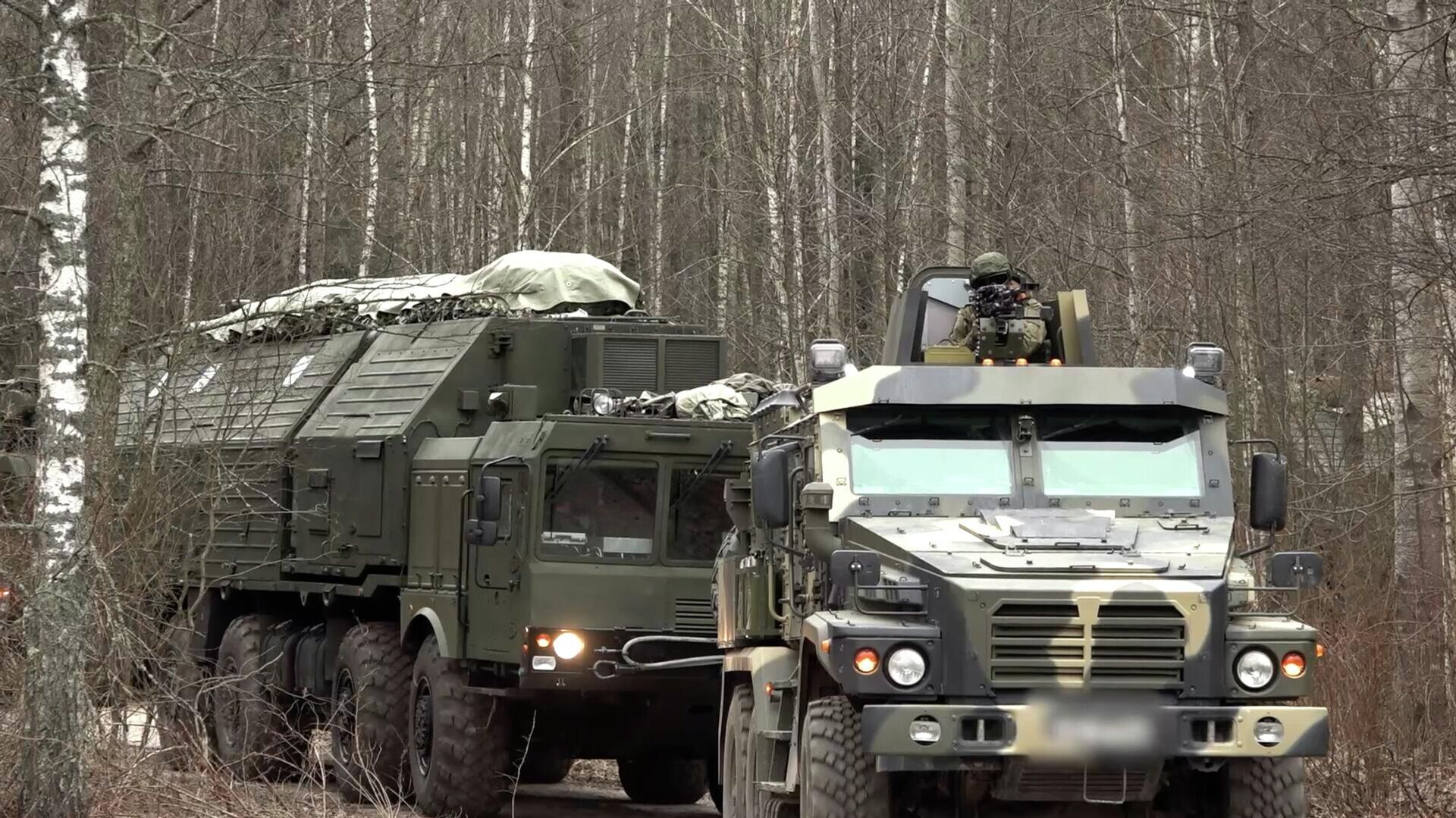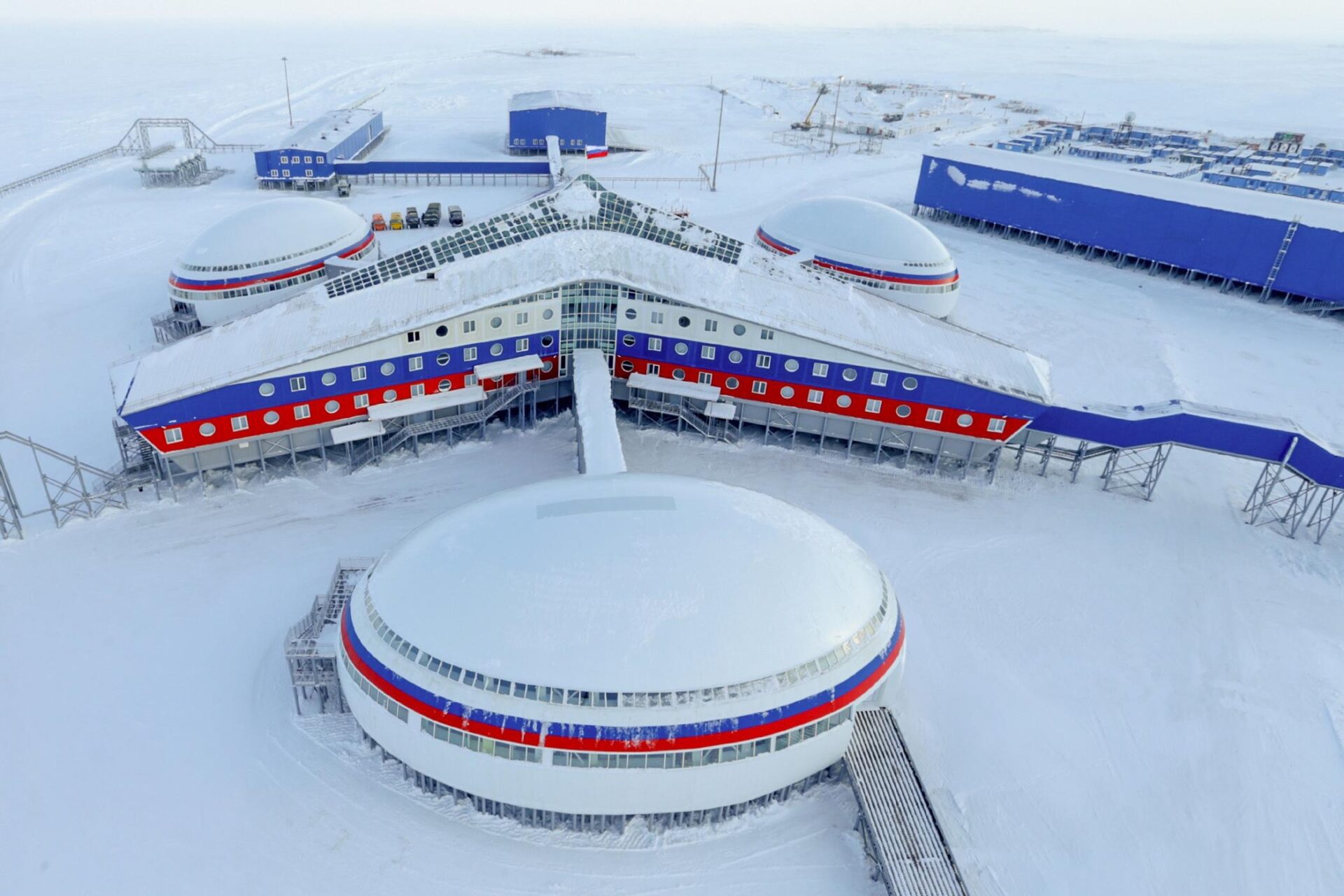
Water Shortages in Russian-Occupied Crimea Set to Trigger Mass Outmigration
Water Shortages in Russian-Occupied Crimea Set to Trigger Mass Outmigration
Executive Summary:
- Russian-occupied Crimea is now facing water shortages so severe that as many as 500,000 of the peninsula’s 2.5 million residents may soon be forced to try to flee despite Moscow’s claims to the contrary.
- Such outmigration undermines Russian control. It also creates difficulties for Kyiv, which must balance its interest in recovering its territory with the problems a mass outmigration creates for Ukraine.
- This humanitarian disaster also creates problems for the international community, but will likely have to deal with its consequences for Ukraine both now and in the future.
Since at least 1945, the demand for water stemming from agriculture, industry, and the peninsula’s population has outstripped Crimea’s local supplies (see Black Sea Battleground, January 21, 2022; Crimean Tatar Resource Center, July 2022). Both global warming and Russia’s occupation of the peninsula following their incursion into Ukraine in 2014 have made the situation much worse (see EDM, February 26, 2020). Moscow hoped that it could overcome this problem when it expanded its invasion of Ukraine in 2022. This move was intended, at least in part, to break the water blockade Kyiv put in place against Crimea eight years earlier. Some experts suggested that getting water to Crimea was a major cause of Russian President Vladimir Putin’s decision to launch his expanded attack on Ukraine in February 2022 (see EDM, May 21, 2020; Apostrophe.ua, March 8, 2021; Gordon, April 14, 2021). Over the last two years, however, Moscow’s chronic mismanagement, failure to fund alternative sources of water, diversion of resources to the military, widespread corruption among its officials, and continuing destruction of reservoirs and canals have made the situation in Crimea and adjoining regions even worse (Svoboda, May 7, 2023; Window on Eurasia, February 3; Versia, February 13). The most notorious example of this final point was Russia’s bombing of the Khakovaka dam in June 2023 (Ekho Roccii, October 15, 2023).
Occupation officials have been forced to acknowledge that ever more villages and major cities in Crimea are suffering serious water shortages. Moscow continues to claim that it is on course to solve the problems in the region this year, as the earlier drought has eased. Occupying authorities have had to impose increasingly draconian restrictions on water use, at times going so far as to cut off supplies for days at a time in the largest urban centers to ensure there is enough water for Russian military units (IA Rex, June 7, 2023; MKRU Crimea, January 24; Krasnaya vesna, February 12; Krimskoye informationnoye agenstvo, February 13; SevastopolMedia, February 13, February 13; RIA Novosti Crimea, February 15). Some experts project that these water shortages may force as many as one-fifth of Crimean residents—some 500,000 people—to leave. This situation is already creating serious problems for the Russian occupation authorities but will additionally have serious consequences for Ukraine as well, regardless of who controls the peninsula (Krim.Realii, February 10).
Moscow blames the current Crimean water shortages on many different issues, none of which involve Russian involvement. They place the blame on Ukraine for blocking water flow to the peninsula from the mainland, on recent droughts, which the Kremlin claims are now easing, and on poor water use patterns, which are currently being rectified. Russia insists that it is already on course to solve Crimea’s water problems forever (Kerch.fm, February 13; Vesti Krim, February 13 [1], [2]). Reports in the last several weeks, however, show little support for Moscow’s arguments, a reality even Russian commentators are now beginning to acknowledge (Kerch.fm, February 13). These reports in Russian state-controlled media show that ever more villages are being forced to do without water for days at a time and that those shortages are now extending into major cities, including Feodosiya and Sevastopol (Krasnaya vesna, February 12; Krimskoye informationnoye agenstvo, February 13; SevastopolMedia, February 13, February 13; RIA Novosti Crimea, February 15).
These shutdowns are already having an economic impact and are rapidly creating a humanitarian disaster. This crisis predominately affects the Crimean Tatars, who live primarily in rural areas, but also the civilian population, especially its ethnic Ukrainian segment. These groups are so highly affected due to Moscow, not surprisingly, taking measures to ensure that Russians who have moved onto the peninsula, either as part of the occupation forces or to support them, will have enough water (for a comprehensive discussion of this aspect of Russian policies, see Crimean Tatar Resource Center, July 2022). There have been small but continuing protests across Crimea about the water shortages. Still, the most important consequence has been the flight of Crimea’s residents, first from the villages to the cities and then for migration to Ukraine or elsewhere. Occupation authorities have sought to limit both, but have only had moderate success. Some Crimean villages already stand empty, and the departure of Crimeans from the peninsula has been hidden in statistical reports by the arrival of so many Russian troops and support personnel (Krim.Realii, February 10).
It is unlikely that anything close to the estimated 500,000 victims of the water shortages will be able to leave, given Moscow’s police powers on the occupied peninsula and uncertainty among Crimeans about where they could go. That does not mean, however, that the failure to meet the demands of the Crimean population for water will not have serious consequences for all concerned. While some in Moscow may not be opposed to the flight of ethnic Ukrainians and Crimean Tatars from the peninsula as a means of Russification, few inside the Kremlin are going to be entirely comfortable either with the international embarrassment inflicted on Russia by the exodus of a fifth of the population from “Our Crimea” or the threat to Moscow’s control posed by such a destabilizing flight from the peninsula. The occupation authorities will likely be forced to divert resources to limit movement out of Crimea in such a case, but protests are sure to follow if the peninsula’s population is unable to flee to the cities or out of Crimea.
At the same time, many in Kyiv may welcome this threat to Russian control, while others will be concerned about the humanitarian disaster caused by Russian policies. Many are recognizing the very real limits on Ukraine’s ability to exploit the crisis. Officials in Kyiv are sure to be worried about the risk posed by large numbers of people fleeing Crimea. There is a risk that the volume of such an exodus could place impossible burdens on the Ukrainian government. Likewise, given Putin’s willingness to violate international norms, there is an all-too-real possibility that Moscow might even intentionally take steps to provoke such a flight. This could offer the Kremlin both a way to Russify Crimea and a means by which additional pressure could be put on Ukraine, especially in the near term, to negotiate an end to the war on Russian terms.
The pro-Ukraine segment of the international community is not going to escape from the consequences of this crisis either. The West must be sensitive to the fact that a humanitarian disaster on the occupied Ukrainian peninsula may spread far beyond that territory. At the same time Western governments must be aware that they will likely be forced to pick up the costs of overcoming this catastrophe both in the near and longer terms. In the near term, the West is expected to be compelled to focus on and call attention to the dangers this development represents for Ukraine—and be prepared to help Kyiv overcome a humanitarian disaster. In the longer term, it likely means that the West must be ready to help Ukraine address Crimea’s water problems once it recovers Crimea. Otherwise, the disaster the Russians have inflicted will cast a long-term shadow on Ukraine and the world.


